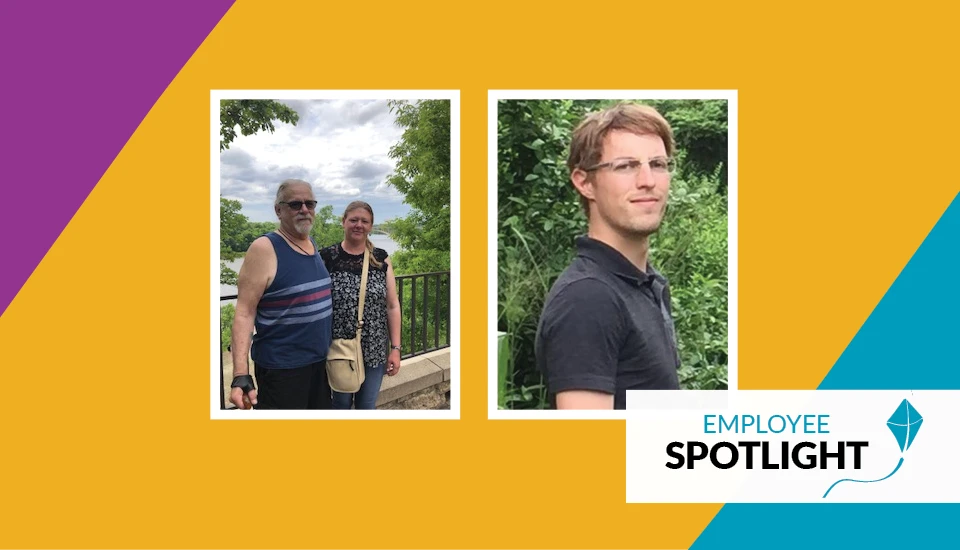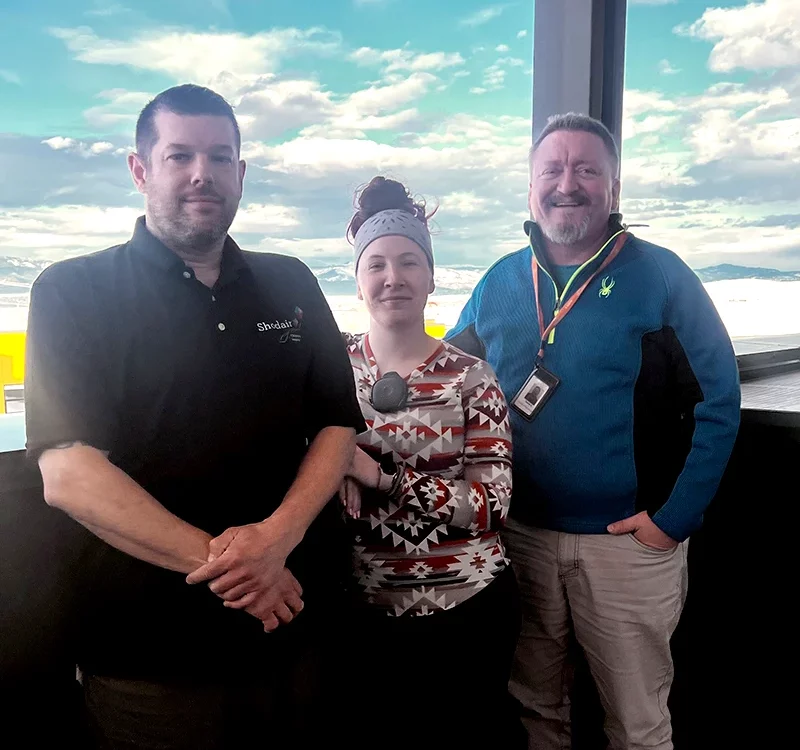
Employee Spotlight: Jaclyn Haven
August 4, 2023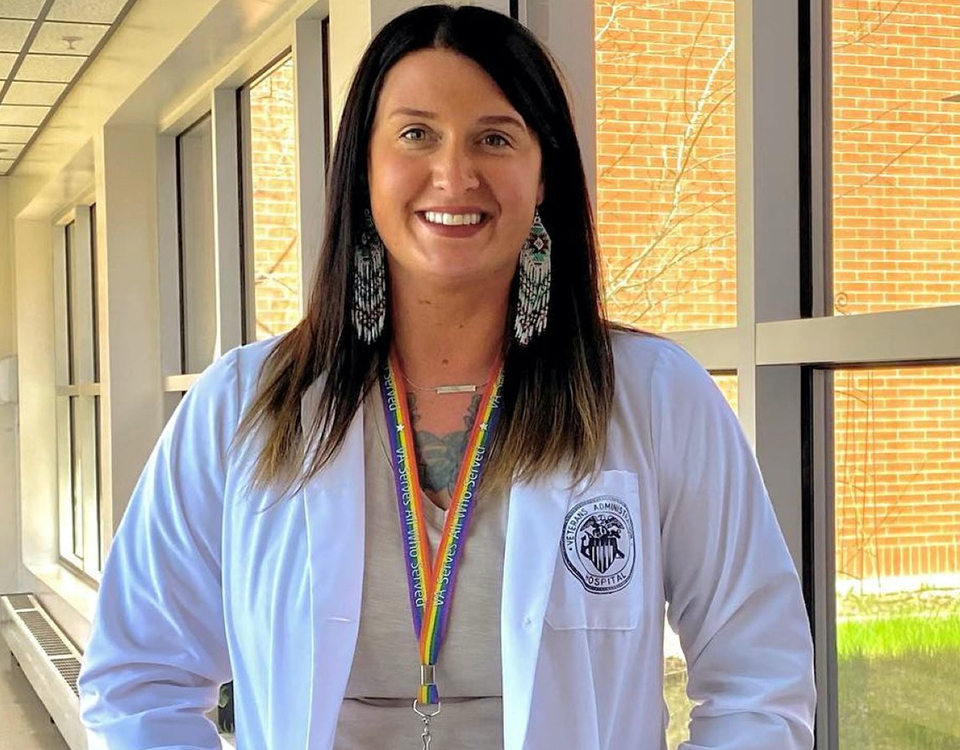
Creating Spiritual Spaces for All
August 5, 2023Employee Spotlight: Sarah Ryan
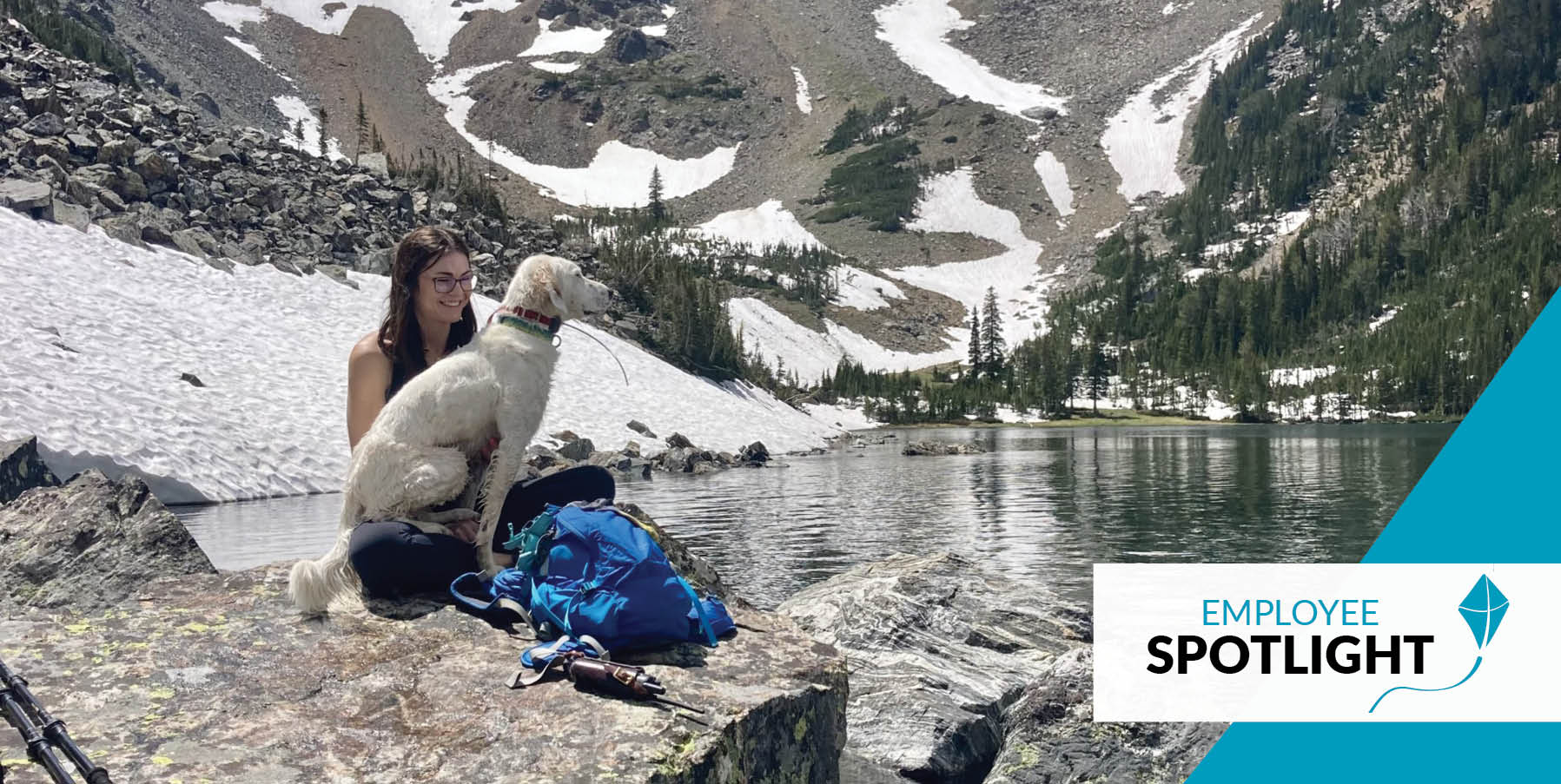
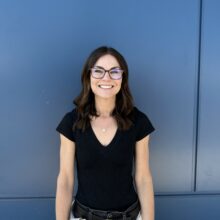
If you’ve been following along for a while, you know that every step we take here at Shodair is intentional. And that includes having both a chef and a dietician as a key part of our care team!
Though these may feel like secondary resources, the reality of mental health is that while most diagnoses aren’t nutritional in nature, almost all of them, especially in children, can lead to coping mechanisms revolving around both food and body image. As such, our nutrition team plays an integral role in each of our patients’ lives – ensuring that even their most basic needs are being met.
With both a passion and past personal struggle with health and nutrition, Shodair’s Dietician Nutritionist Sarah Ryan shares what it looks like to be a dietician in a mental health setting and the importance of instilling good food habits from a young age.
I am originally from Washington State (Eastern Washington – Spokane) and spent my whole life there. Upon graduating from Washington State University with a B.S. in Nutrition and Exercise Physiology and an M.S. in Dietetics, I decided to mix things up and move away from home, giving Montana a try. I lived in Great Falls for 3+ years working at a hospital before venturing to Helena, where I found my fit at Shodair.
On a more personal level, my desire to work in dietetics stemmed from being totally lost in nutrition as a kid and young adult. I was always overweight and never knew what to do about it. Then at 20, I was diagnosed with ovarian cancer and had significant weight loss and then re-gain, which later led to pretty severe disordered eating habits that I still have to navigate. Because of my own experience with nutrition and exercise, I picked a career that would allow me to work with people in a realistic way to help them meet their goals and avoid some of the struggles that I faced. Now, I am passionate about promoting health at every size, working to incorporate nutrition and exercise into all of my treatment plans for the best outcomes. When not at work, you can find me trying to grow a garden (which I’m determined to do) or hiking outside with my best bud and dog, Rhett.
In addition to my personal experiences with nutrition and health, I have always enjoyed working in pediatrics. I even applied to and set up an affiliation agreement between Cincinnati Children’s Hospital and Washington State University (my college) so that I could complete a summer rotation working at a pediatric hospital. I also really enjoy clinical dietetics in the acute setting doing enteral nutrition.
My favorite part is working with the population that we get to work with and the other specialties Shodair lends itself to. It’s a really unique, kind of niche place. The kids sometimes have these really traumatic backgrounds and I just want to be one adult in their life they can trust and talk to.
We see a lot of kiddos who have eating disorders – sometimes related to wanting to lose weight and other times related to trauma and using overeating as a coping skill. It’s not unusual for patients to also come from homes that have food insecurity, meaning that many of our kids are coming from homes where they’ve had to worry about when they will get food next.
My first step with any patient is to meet them exactly where they are, working to find out if they are even ready to talk about these things. Kids come here for suicidal ideation a lot of times and then end up talking about how they have practiced restricted eating for days at a time. It can be a really hard topic for some kids or anyone, really. We end up figuring out where they are in the “readiness to change model” and then work from there.
A huge step that parents and adults everywhere can take is to stop promoting diet culture. The reality is that kids don’t just come up with the idea of “wanting to lose weight” or “being too big” on their own. Rather, it’s what they’re hearing and seeing! For example, I often hear my kiddos say things like, “My mom is on a diet again, so we are eating healthy now,” or “My family has to lose weight, so my parents said so we can’t have junk food.” Parents need to understand that whether it’s directed at the child or not, kids are absorbing it all and beginning to internalize this false idea that something is wrong with them. Another good step is to AVOID giving compliments that solely rely on looks, especially directed at kids. Instead, focus on characteristics that matter, like “You are so helpful today” or “I noticed how inclusive you were.”
I have been very lucky in my professional career to work at companies that really value their employees and that have amazing co-workers, and Shodair is a huge part of that. In my department, we have open communication, appreciation, and flexibility that makes this job one of my favorites. In addition to having the best co-workers, I never get bored, there is always something new to learn, and growth is encouraged. I love that no matter what floor or unit you are on, everyone is helpful and great to talk to. I sincerely feel that the people I work with on a daily basis are the best thing about Shodair. Plus, we get to serve a population that is so underserved, especially in Montana. If you’re looking to pursue a career in mental health, this is a great place to start or continue to grow at!
Join Our Team
From medical genetics and inpatient psychiatry to special education and speech pathology, Shodair is made up of some of the strongest and most passionate professionals in their field, all driving toward one goal: Building hope for Montana families. And, you can be, too. Having just completed our new state-of-the-art hospital building – intentionally designed and equipped to meet the needs of both staff and patients – we are currently looking for resilient, mission-minded individuals to join our dynamic team! If that sounds like you (we think it might), head on over to our career page to view a full list of opportunities and fill out an application today.


